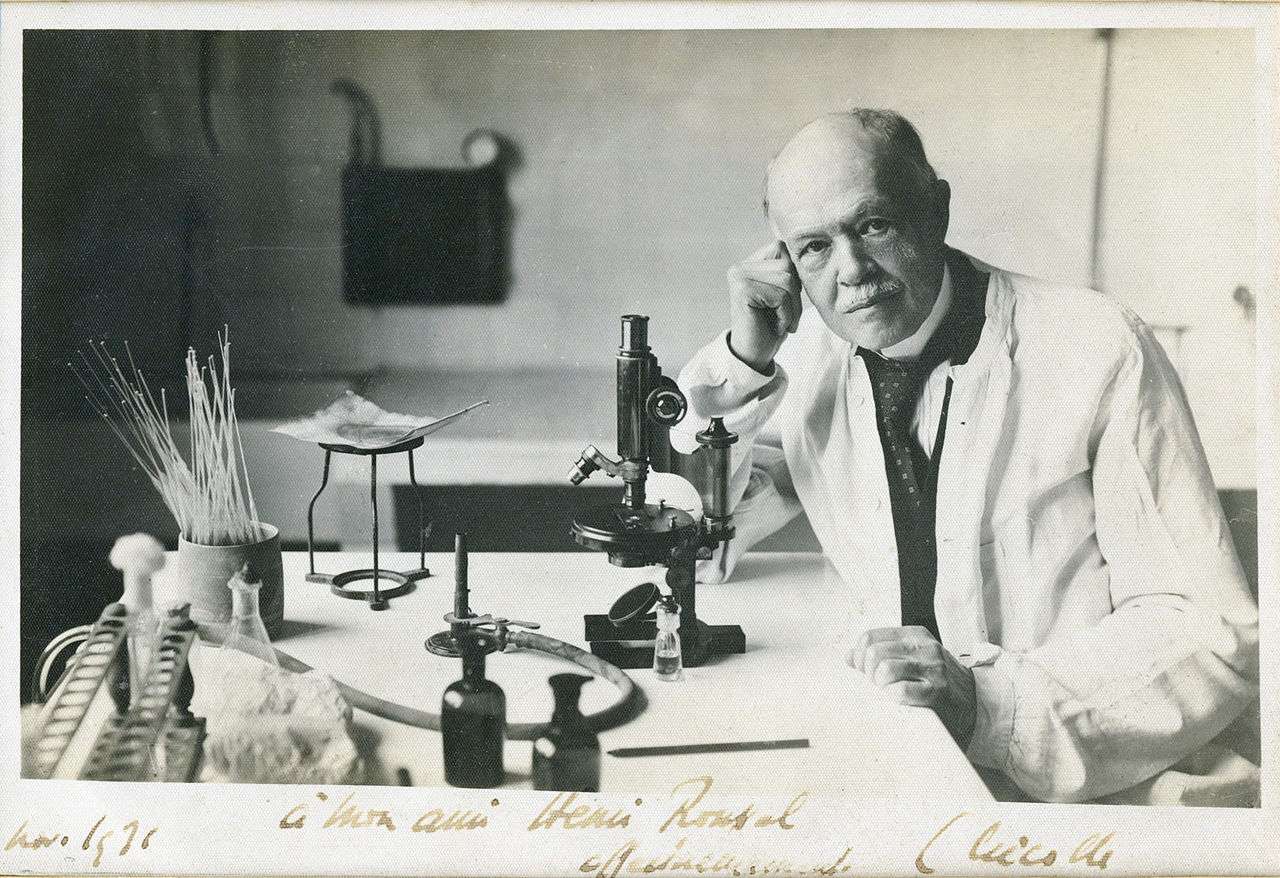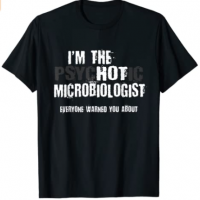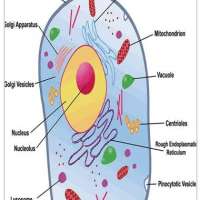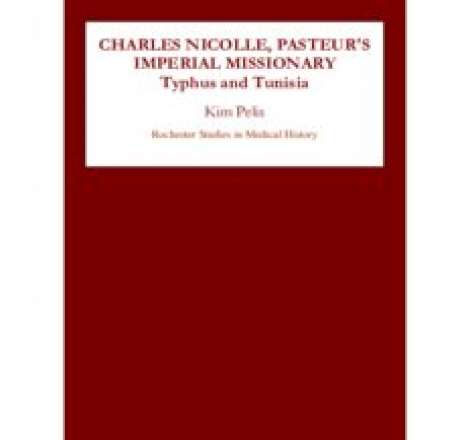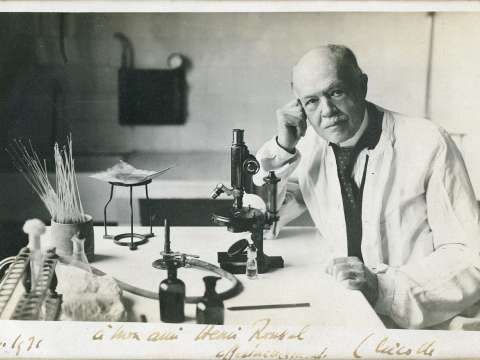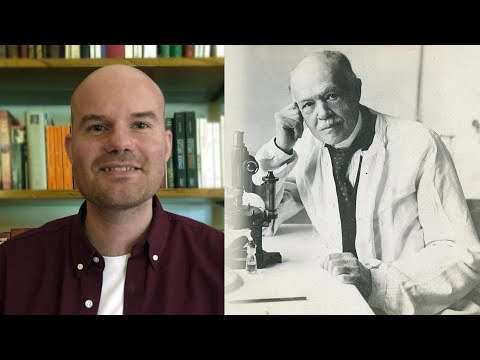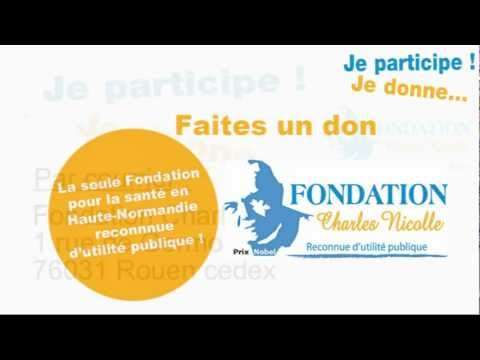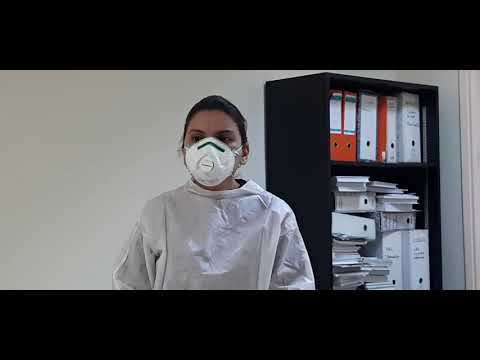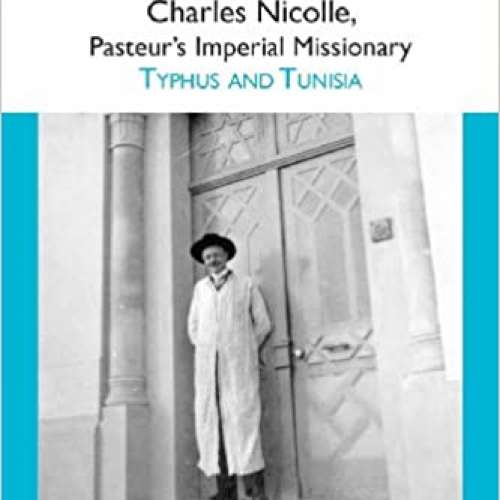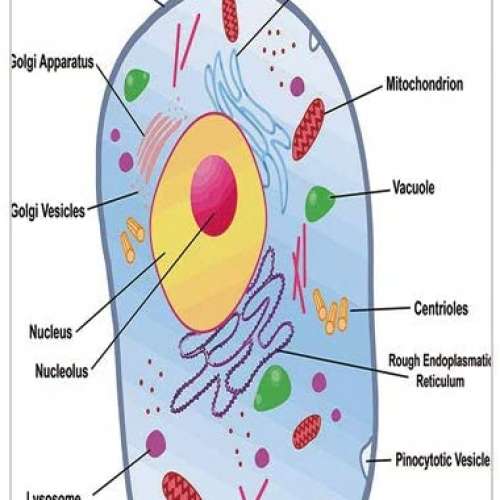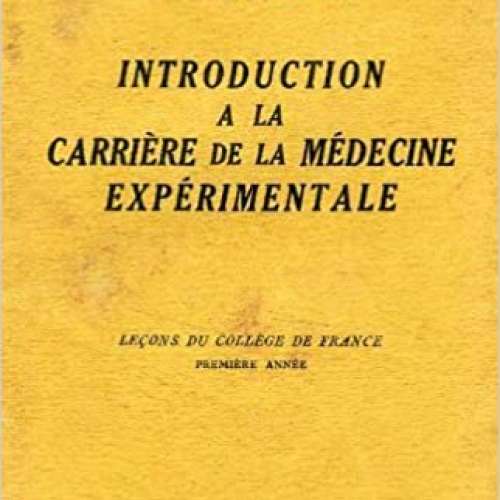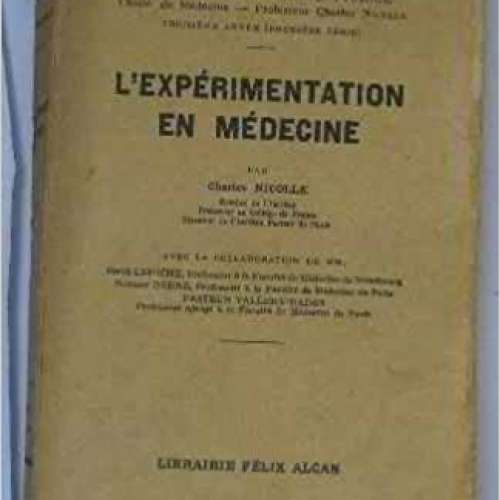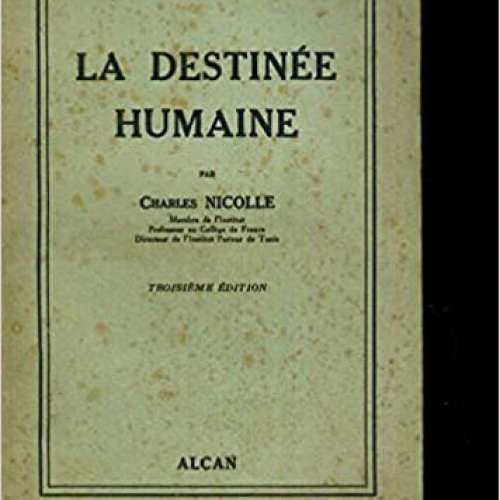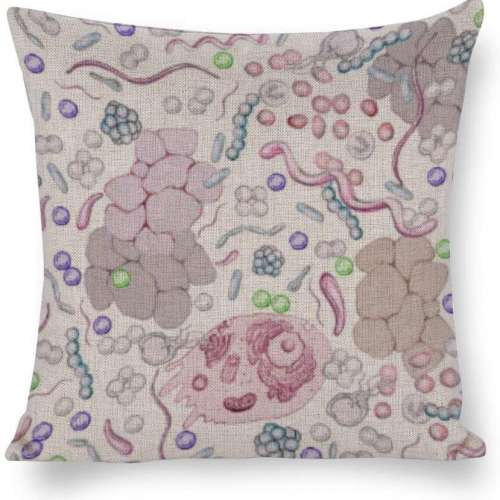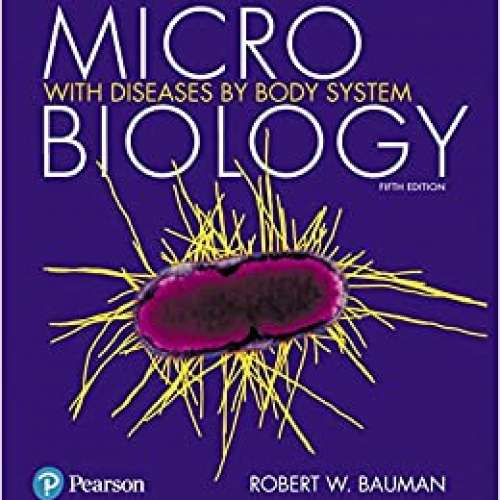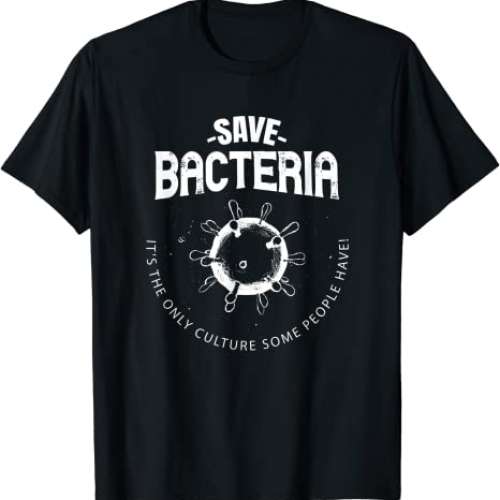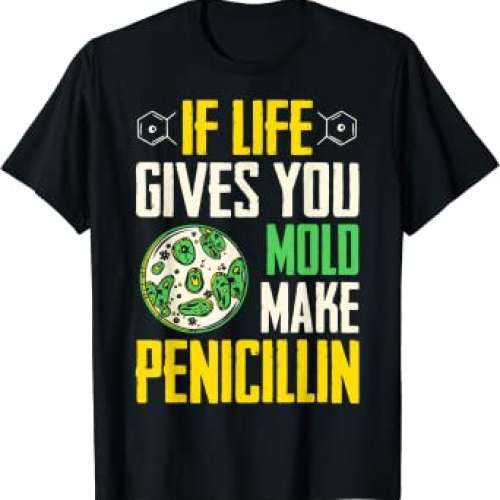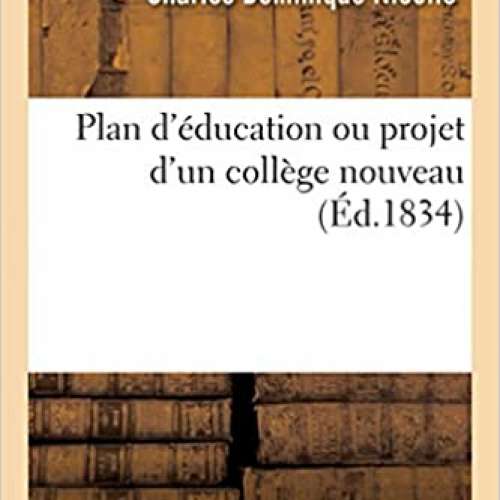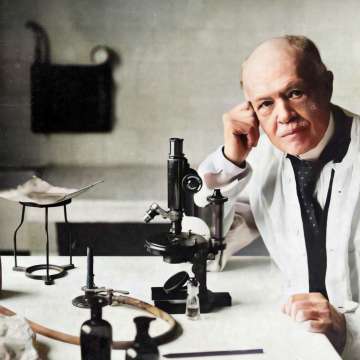

Charles Nicolle (1866-1936)
And this is the ultimate lesson that our knowledge of the mode of transmission of typhus has taught us: Man carries on his skin a parasite, the louse. Civilization rids him of it. Should man regress, should he allow himself to resemble a primitive beast, the louse begins to multiply again and treats man as he deserves, as a brute beast. This conclusion would have endeared itself to the warm heart of Alfred Nobel. My contribution to it makes me feel less unworthy of the honour which you have conferred upon me in his name.
Charles Jules Henri Nicolle was a French bacteriologist who received the Nobel Prize in Medicine for his identification of lice as the transmitter of epidemic typhus.
Biography
He learned about biology early from his father Eugène Nicolle, a doctor at a Rouen hospital. He was educated at the Lycée Pierre Corneille in Rouen. He received his M.D. in 1893 from the Pasteur Institute. At this point he returned to Rouen, as a member of the Medical Faculty until 1896 and then as Director of the Bacteriological Laboratory.
In 1903 Nicolle became Director of the Pasteur Institute in Tunis, where he did his Nobel Prize-winning work on typhus, bringing Hélène Sparrow with him as laboratory chief. He was still director of the Institute when he died in 1936. He was a key researcher in discovering a deadly organism, Toxoplasma.
He also wrote fiction and philosophy throughout his life, including the books Le Pâtissier de Bellone, Les deux Larrons, and Les Contes de Marmouse.
He married Alice Avice in 1895, and had two children, Marcelle b. 1896 and Pierre b. 1898.
Accomplishments
Nicolle's major accomplishments in bacteriology and parasitology were:
- The discovery of the transmission method of typhus fever
- The introduction of a vaccination for Malta fever
- The discovery of the transmission method of tick fever
- His studies of cancer, scarlet fever, rinderpest, measles, influenza, tuberculosis and trachoma.
- Identification of the parasitic organism Toxoplasma gondii within the tissues of the gundi Ctenodactylus gundi.
During his life Nicolle wrote a number of non-fiction and bacteriology books, including Le Destin des Maladies infectieuses; La Nature, conception et morale biologiques; Responsabilités de la Médecine, and La Destinée humaine.
Discovery of the vector
Nicolle's discovery came about first from his observation that, while epidemic typhus patients were able to infect other patients inside and outside the hospital, and their very clothes seemed to spread the disease, they were no longer infectious when they had had a hot bath and a change of clothes. Once he realized this, he reasoned that it was most likely that lice were the vector for epidemic typhus.

In June 1909 Nicolle tested his theory by infecting a chimpanzee with typhus, retrieving the lice from it, and placing it on a healthy chimpanzee. Within 10 days the second chimpanzee had typhus as well. After repeating his experiment he was sure of it: lice were the carriers.
Further research showed that the major transmission method was not louse bites but excrement: lice infected with typhus turn red and die after a couple of weeks, but in the meantime they excrete a large number of microbes. When a small quantity of this is rubbed on the skin or eye, an infection occurs.
Attempt at a vaccine
Nicolle surmised that he could make a simple vaccine by crushing up the lice and mixing it with blood serum from recovered patients. He first tried this vaccine on himself, and when he stayed healthy he tried it on a few children because of their better immune systems, who developed typhus but recovered.
He did not succeed in his effort to develop a practical vaccine. The next step would be taken by Rudolf Weigl in 1930.
Religious Views
Baptised a Catholic, Nicolle left the faith when we was twelve. Starting in 1934, he felt spiritual anxiety, and he was reconciled with the Church in August 1935 after communicating with a Jesuit priest.

